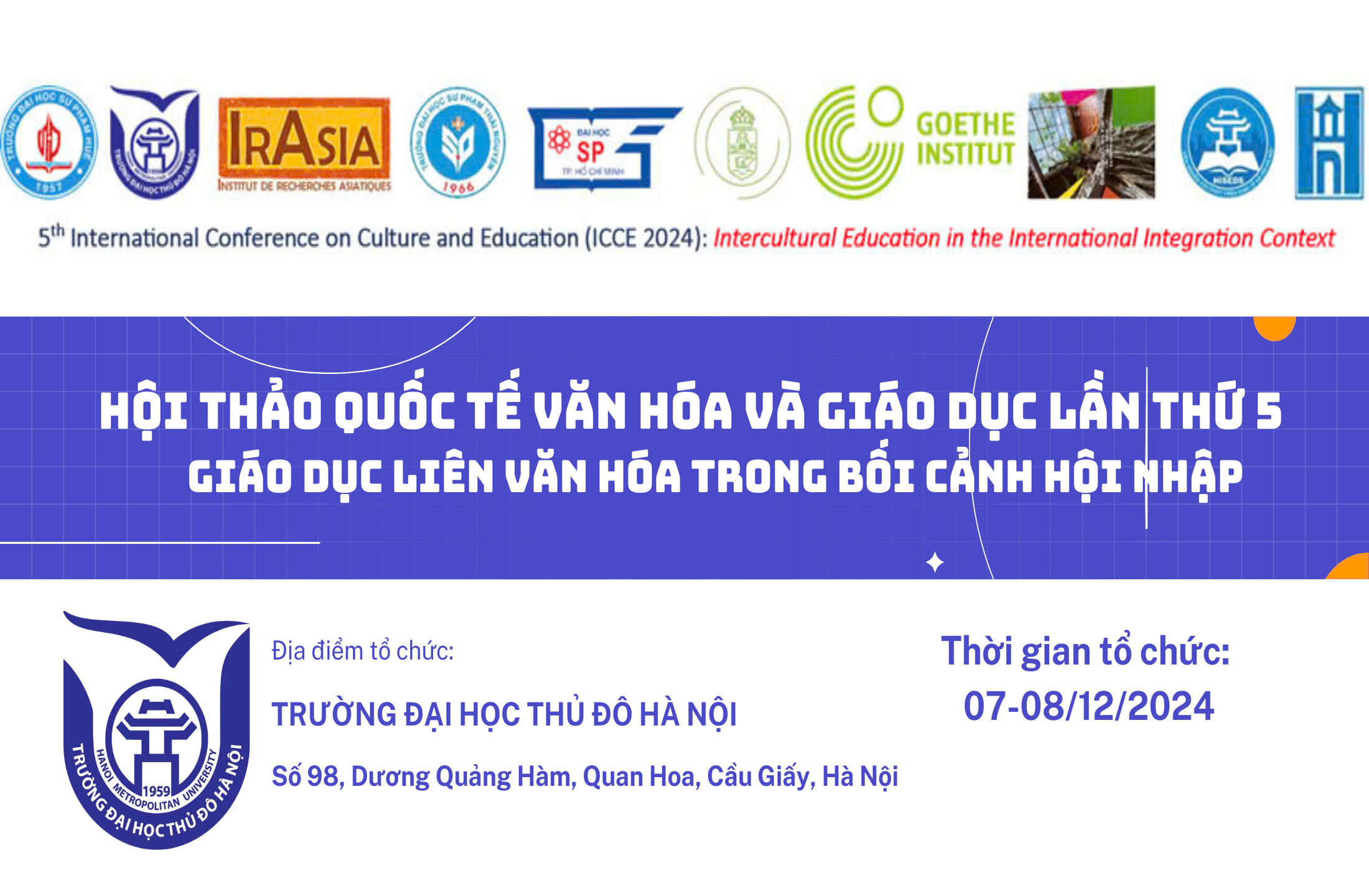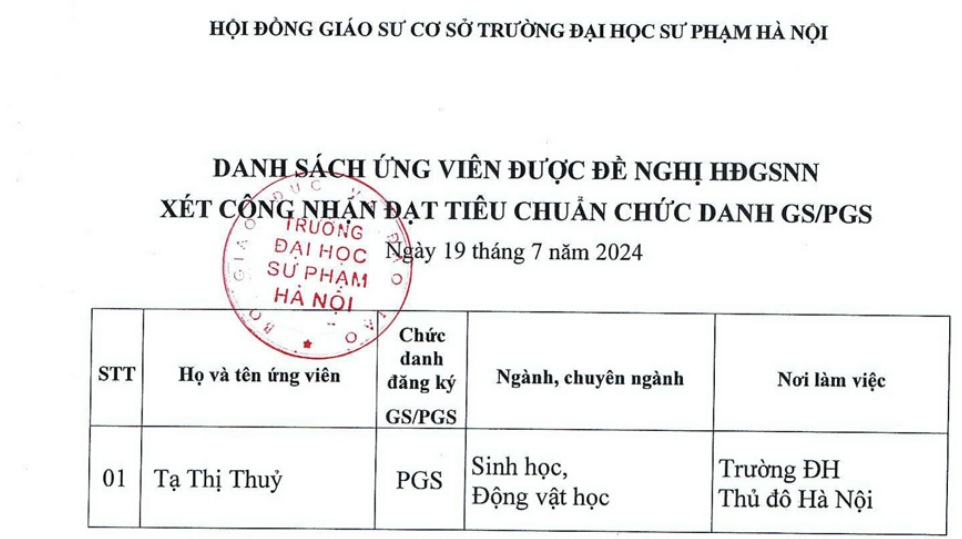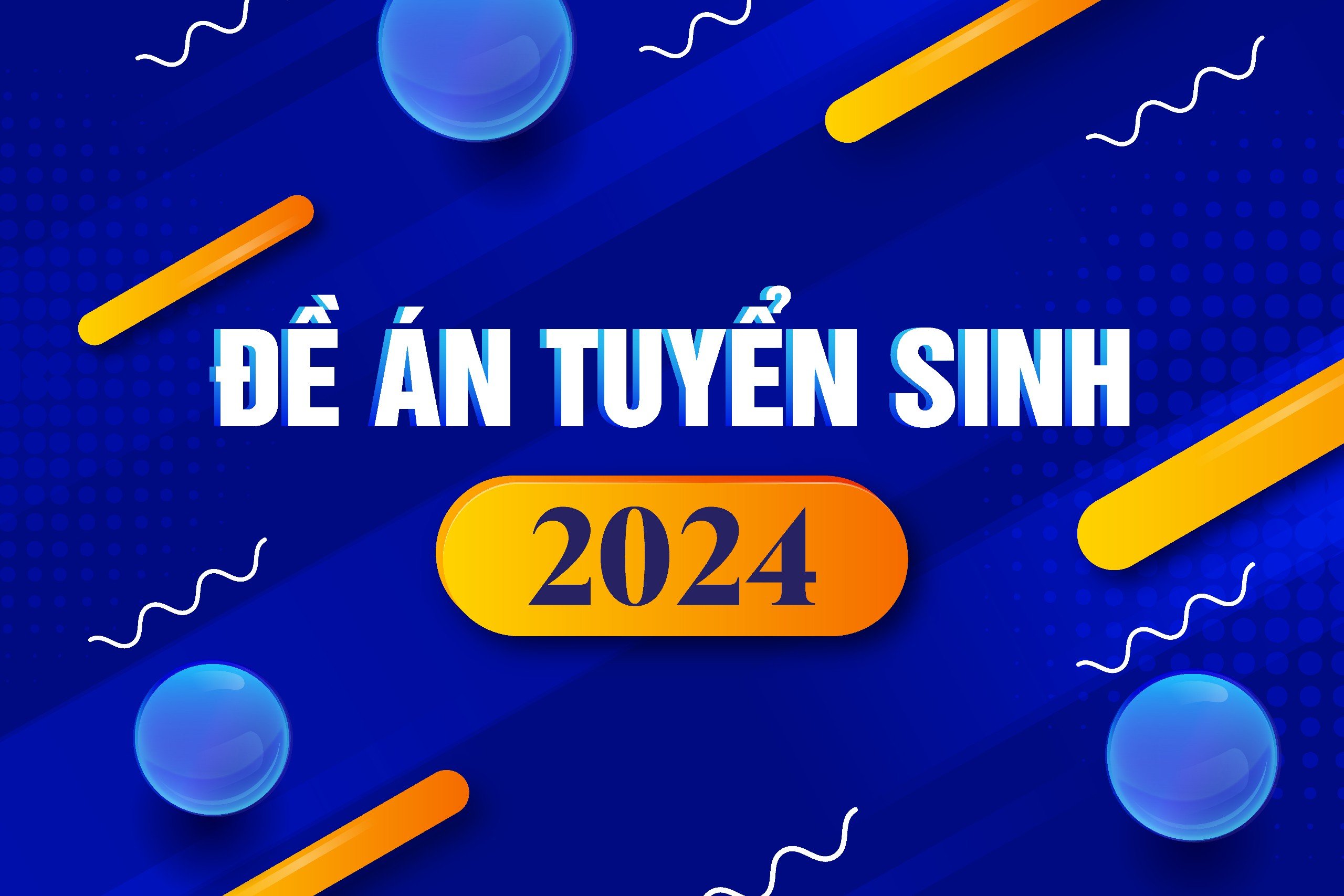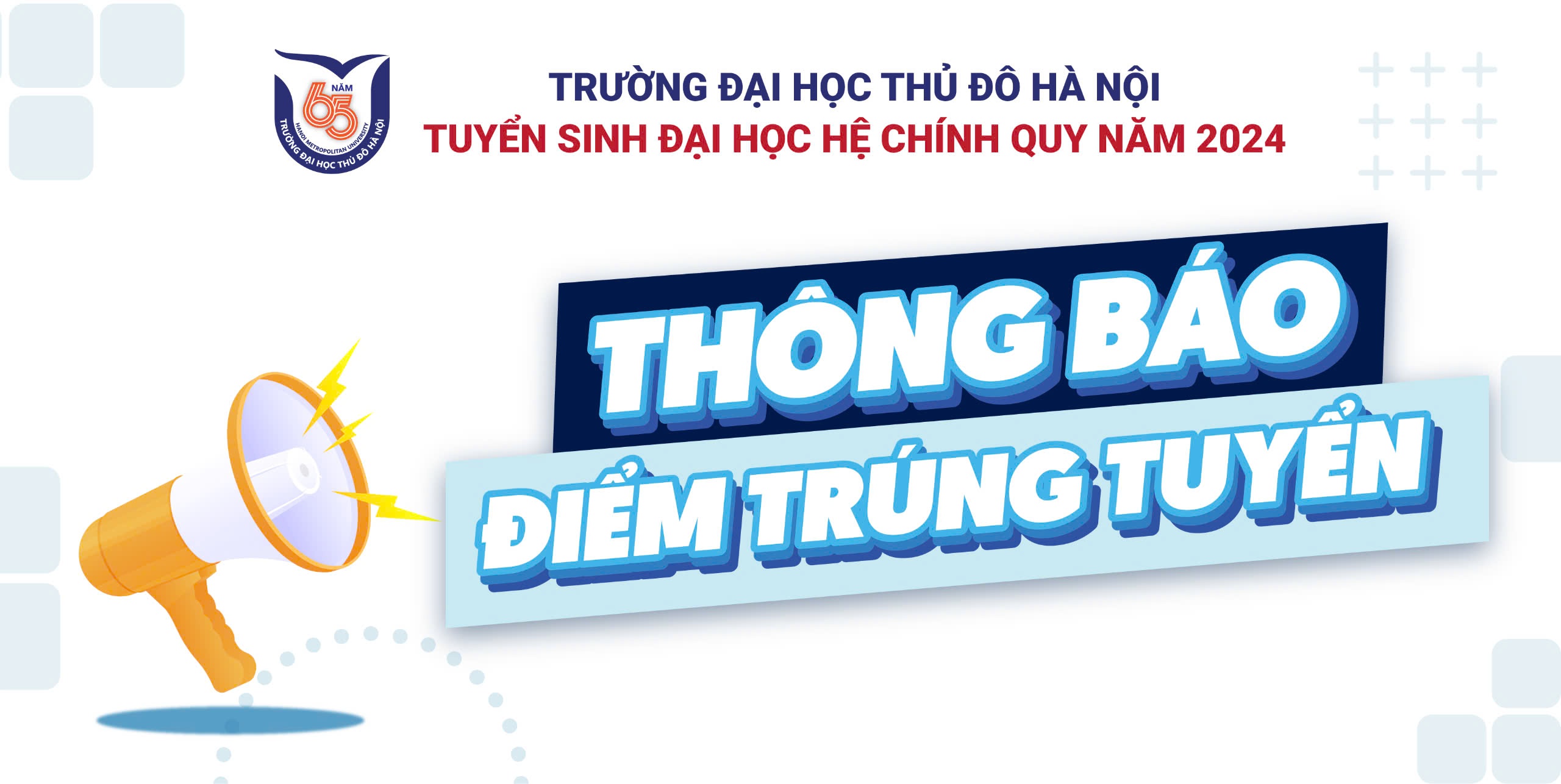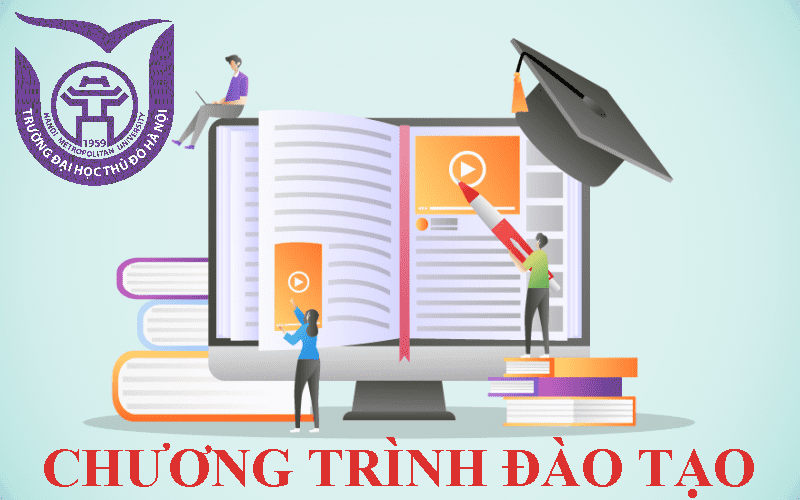Supporting family and teachers of students-student with disabilities in graduate education
Many parents of students with disabilities are more likely to experience difficulties including depression and stress than those of students without disabilities. It could become much more pronounced when the parents become aware of problems of their students and/or their students are diagnosed. Therefore, appropriate supports should be given to reduce difficulties the parents could face. Among possible supports, peer supports have been proven effective for reducing difficulties and increasing empowerment of the parents. For example, parent mentors play very important roles to support other parents. They provide both physical and mental supports including consultation, counseling and information on parenting. These mutual supports among parents are considered important as governments focus on fostering peer supports which could be more effective than existing professional supports.
More and more students are receiving special education services despite the number of students is declining in Japan. Inexperienced teachers are managed to teach their classes without effective supports, specifically in many elementary schools. Furthermore, many teachers have difficulties in building a relationship of trust with parents of students with disabilities. It is important for schools to strengthen collaborative relationships among teachers in order to provide better special education services.
There is a growing need for supporting parents and teachers of students with disabilities in the context of inclusion and normalization. Research and education in graduate schools, however, are insufficient to address the issues. More basic and practical research are needed to improve quality of classes on special education and inclusive education in graduate schools.
Taishi Takezawa*
* Faculty of Education, Wakayama University.

